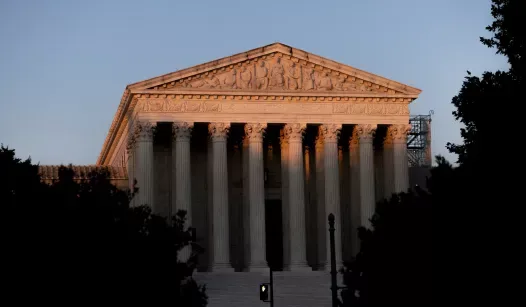In the ever-evolving landscape of American politics, the clarity of election laws is paramount for candidates and voters alike. As the nation gears up for upcoming elections, the Supreme Court has an opportunity to play a crucial role in defining these laws, particularly regarding when elections are scheduled and how candidates can seek recourse if they feel uncertain about election dates.
The ability for candidates to sue in advance to determine when elections will occur is not just a procedural formality; it is a fundamental aspect of ensuring fair and transparent electoral processes. With a myriad of state laws and varying interpretations of election timelines, candidates often find themselves in a gray area regarding their campaign strategies and voter outreach efforts.
The Supreme Court’s involvement could provide much-needed guidance. By clarifying these laws, the Court can help establish a standardized approach that ensures all candidates are on the same page regarding election dates. This would not only benefit candidates but also serve the electorate by promoting a more informed voting process.
In recent years, the political landscape has been marked by legal battles over election procedures, including the timing of elections and the rules governing candidate eligibility. These disputes can lead to confusion and uncertainty, which ultimately undermines public trust in the electoral system. By stepping in to clarify these laws, the Supreme Court could enhance the integrity of elections and reinforce the principles of democracy.
Moreover, such clarification would empower candidates to plan their campaigns effectively. Knowing the exact dates for elections allows candidates to allocate resources wisely, engage with constituents, and develop strategies that resonate with voters. Without this clarity, candidates may find themselves at a disadvantage, scrambling to adapt to shifting timelines and regulations.
The potential for preemptive legal action by candidates also raises important questions about the balance of power in electoral politics. If candidates can challenge election dates before they are officially announced, it could lead to a more proactive approach to election law. This could discourage states from making last-minute changes that could disrupt the electoral process and create chaos on the ground.
In conclusion, the Supreme Court has a unique opportunity to clarify election laws and provide candidates with the certainty they need to conduct their campaigns effectively. By establishing clear guidelines regarding election dates and the legal avenues available to candidates, the Court can help foster a more transparent and trustworthy electoral process. As the United States continues to navigate the complexities of its political landscape, the importance of clarity in election laws cannot be overstated.
